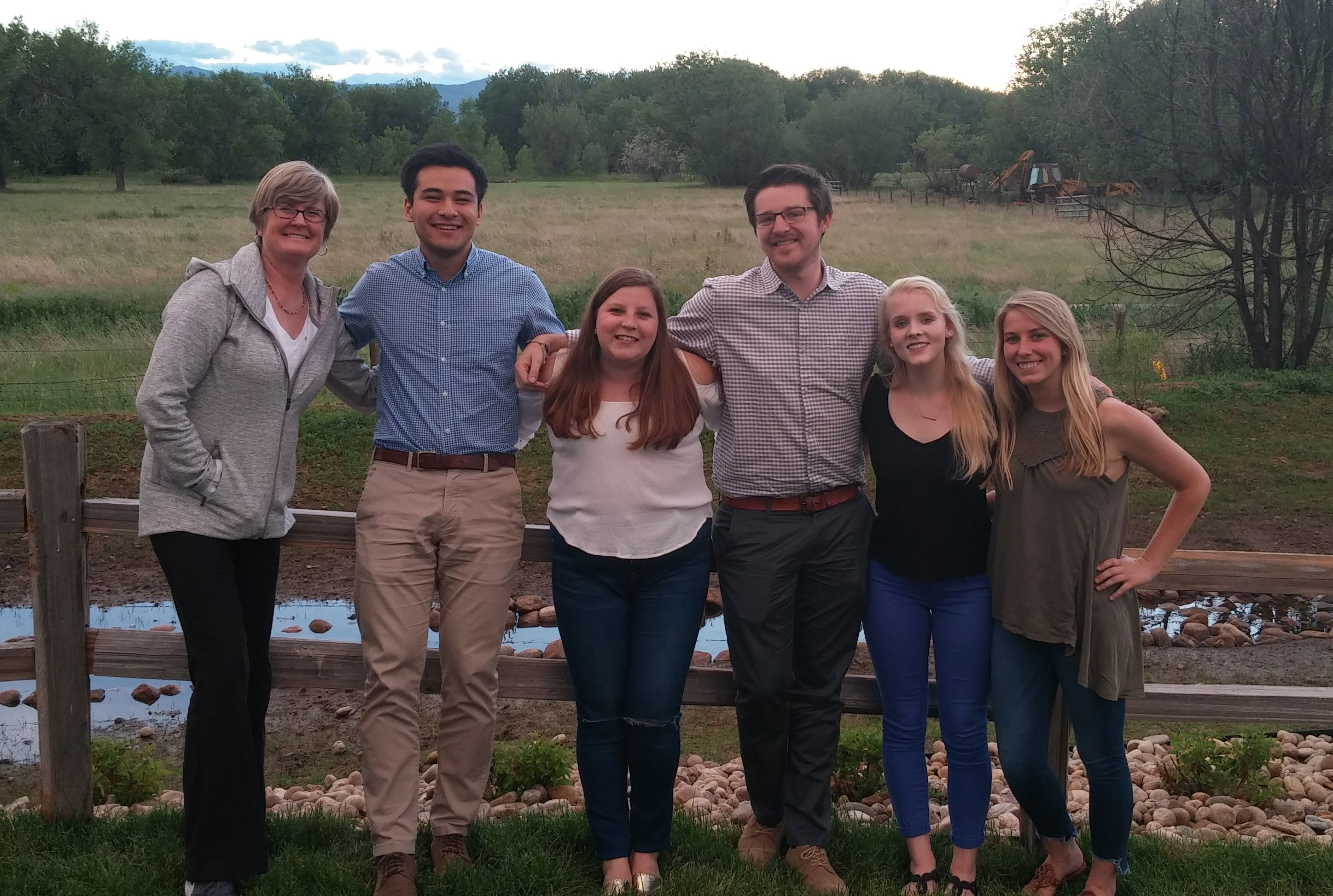Home » News » Sterling Ranch: Forging Education Partnerships in a Problem-Based Education Ecosystem
Sterling Ranch: Forging Education Partnerships in a Problem-Based Education Ecosystem
Posted by anderc8 on Wednesday, October 25, 2017 in News, TIPs 2015.
Written by Dr. Claire Smrekar (TIPs Co-Principal Investigator) and Stefano Scotti (Vanderbilt, Class of 2019)
Sterling Ranch, located 20 miles southwest of Denver, is a 20-year planned residential community development with a focus on energy sustainability and quality of life. Thanks in part to a Trans-Institutional Programs (TIPs) grant, the School of Engineering, College of Arts and Sciences and Peabody College, we are working with Sterling Ranch to inform housing designs, infrastructure and education ecosystems. Home construction began in 2015 with the ultimate goal of establishing a community of 42,000 residents in 12,000 new-built homes.
This past summer, we spent two weeks in Sterling Ranch conducting qualitative research related to career and technical education (CTE) and the intersection of industry needs and education outcomes. This immersive experience involved developing protocols for one-on-one interviews with industry leaders, hiring managers and higher education administrators to better understand how the Denver metropolitan area is meeting local hiring demands and talent acquisition goals. Our focus rests with how the Sterling Ranch educational ecosystem can create design spaces for problem- and project-based teaching-learning experiences. We seek to forge synergistic partnerships across industry, higher education and Sterling Ranch environments.

Dr. Claire Smrekar with Vanderbilt TIPs Sterling Ranch students: Stefano Scotti, Sophia Apple ; Jon Hurst; Hayes McAlister; Cason Close (left to right)
One of the most unique CTE developments in the Denver area is IBM’s Pathways in Technology Early College High Schools (P-Tech) program. P-Tech schools include high schools and community colleges, beginning in the 9th grade, and students can graduate in six years with a tuition-free Associates of Arts (AA) degree in applied science, engineering and related disciplines. The P-Tech program in Colorado Springs, for example, provides an AA in cybersecurity, while the program in St. Vrain Valley School District offers an AA in information technology.
P-Tech schools exemplify deep and diverse cross-sector partnerships. Initiating a P-Tech program requires collaboration and support among three entities: the school district, a college and industry. Skyline High School in St. Vrain Valley is currently partnering with Front Range Community College and IBM. This allows IBM to quickly inform the school of curriculum and industry needs, which leads to the development of students with real-world skills and experience. P-Tech schools were among one of several innovative education approaches our team discussed with developers at Sterling Ranch. P-Tech designs are now under consideration at Sterling Ranch for the educational “campus” currently underway.
With the rising cost of college tuition, students and families are questioning the financial risks, program relevance and return-on-investment of a four-year college degree. Therefore, it is critical for industry leaders and education designers to identify community needs, communicate opportunities and promote talent development through cross-sector solutions that not only fuel economic growth, but ultimately prepare and benefit students and society, including – but not exclusively – the residents in metropolitan Denver and Sterling Ranch.
At the same time, schools’ increasing focus on career readiness raises questions of the purpose of public education. What role does the education system have in fostering the development of model citizens? How can it balance this with the need for workforce preparation? Leave your thoughts and questions in the space provided below!
